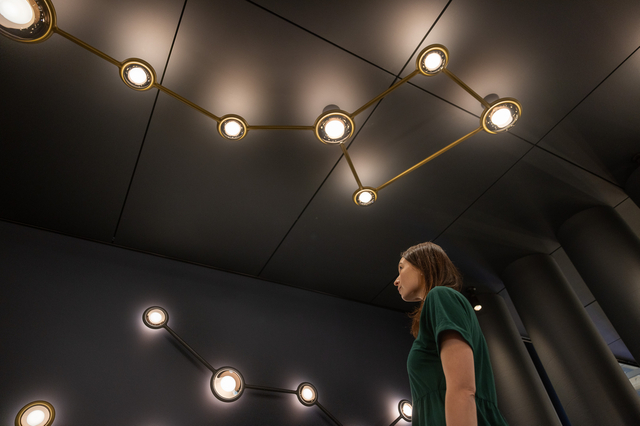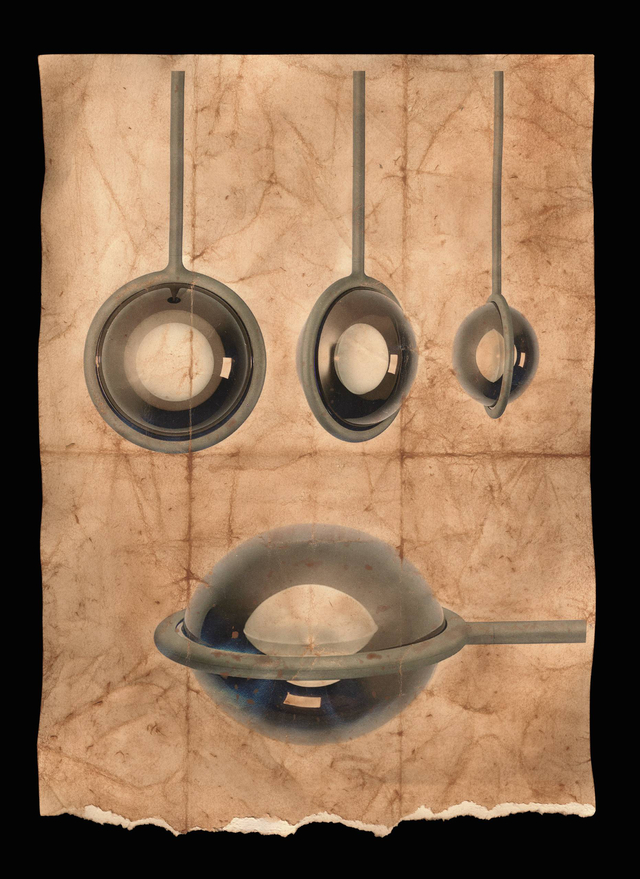Swirling Kafka
By: Magdaléna Platzová
Photo: Shotby.us
Born in Prague’s Old Town, he spent his childhood and youth holidays in the countryside. Franz Kafka knew the charming warm nights, the sense of freedom and the activities that go with summer. In 1907 he writes to Max Brod from Třešť: “I am riding around on the motorbike a great deal, swimming a lot, lying nude in the grass by the pond for hours, hanging about the park until midnight with a bothersomely infatuated girl, have already tedded hay in the meadow, have set up a merry-go-around, helped trees after a storm, taken cows and goats to pasture and driven them home in the evening, played a lot of billiards, taken long walks, drunk a lot of beer…”
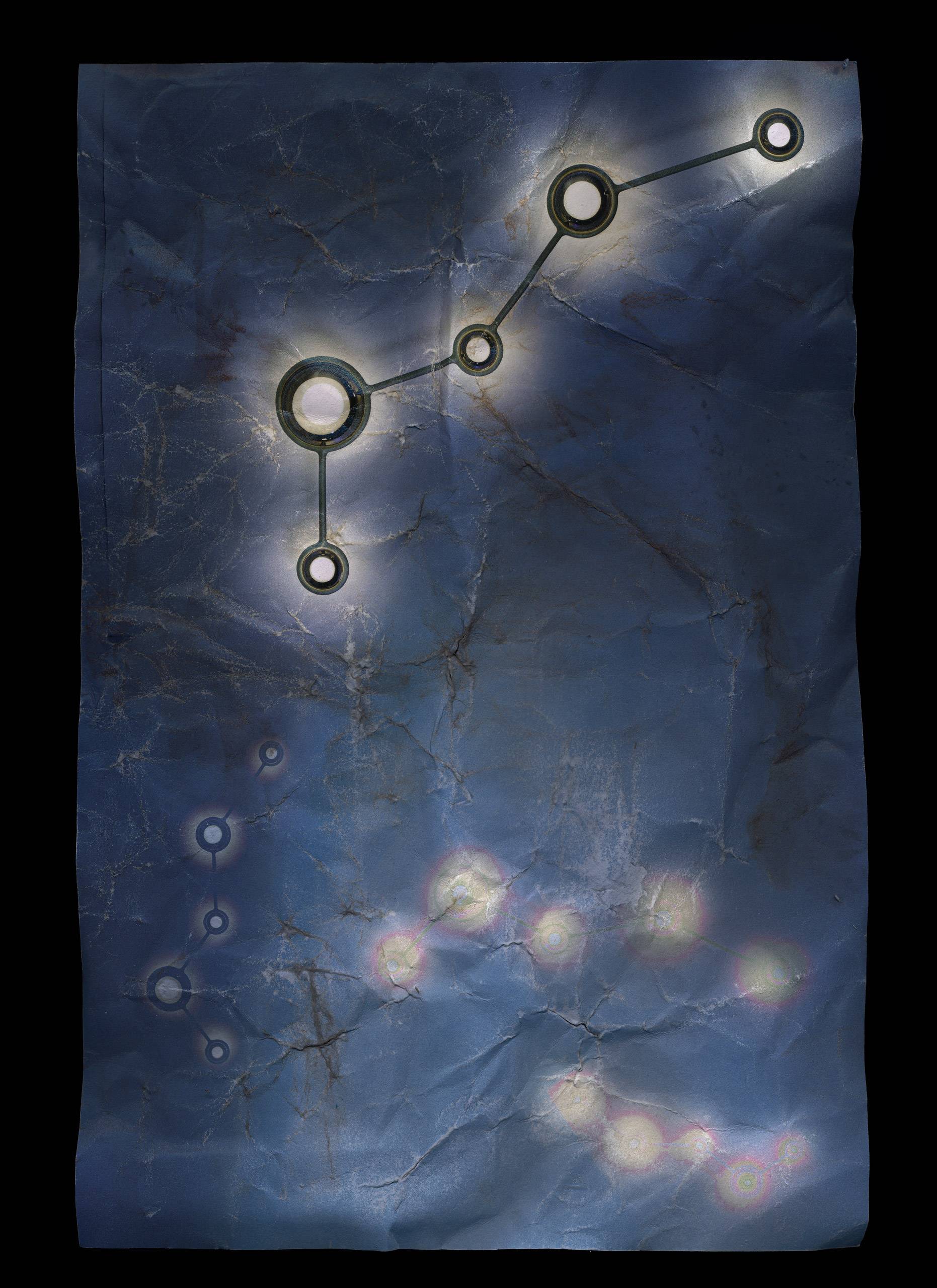
It is hard to imagine the troubled, indrawn, melancholic Kafka, as he was later usually described, amidst such a whirlwind of activity. The short story Children on a Country Road is such a whirlwind. Everything is in motion: the vehicles, the swing, the birds, the stars, the curtains, the children, the moon and the water. The soft movement of the forest making a whispering sound in the wind and the bright light of the moving train.
There is no walking, only running with a “mouth full of fire,” jumping and fast flight, a dull sound of stomping, high in the air, there is lashing out, falling and even singing. The narrator is with a group of friends, but he can break away and run alone. This is freedom, this is innocence. The antithesis of the gloominess and weariness that permeated Kafka’s later works.
Franz Kafka is like a young boy in his own story who, jumping over a ditch, falls on his back at one point. He lies there, sinking deeper and deeper and… and he does not want it to stop. He no longer can or wants to get up, join the others, grab their hands, run with the wind and carry on. The world seen from the ditch seems powerful and magnificent to him, while he himself is becoming smaller and weaker. Being small, he admires greatness.
Being weak, he admires strength. Being sick, he admires health. Being hesitant, he admires a spontaneous gesture. In a diary entry dating from 1911, he finds “the abrupt turning of a hefty girl’s head” so striking that it is worthy of being recorded. And on the same day he writes: “The beautiful large button, beautifully set low on the sleeve of a girl’s dress. How seldom I succeed in creating something beautiful, and this unnoticed button and its ignorant seamstress succeeded.”

Again and again, he also bowed to his lovers, whether it was in a relationship with Felice Bauer or Milena Jesenská. He admired their strength, their spontaneity, their loudness, their lust for life, their courage, which, in his own opinion, he himself lacked. At the same time, however, he rejected his lovers. For he, lying in the deepest of ditches and looking up to all the beautiful and powerful things above him, in fact does not want these qualities.
Even if such traits were to bow down to him and somehow (perhaps deceiving themselves) offer themselves to him. This is not for the likes of me, Kafka says. And neither is this. Strictly speaking, there is nothing for me, all I can do is lie back and watch. Not to have. But not even to be, only to look. In other words, to write.
The starving artist, the main character of one of Kafka’s last stories, does not eat. Not to be a record breaker, but because he does not like the taste of anything. The animal in Der Bau (The Lair) no longer ventures into the outside world because of fear. The acrobat from the short story entitled The First Sorrow needs only two trapeze bars to be happy.
Where is the windswept, spirited, colourful, eventful landscape of the short story Children on a Country Road? How come it disappeared? It shrank and it also sharpened. Through Kafka’s powerful writing, its energy has been concentrated into a single point where a very different space opens up to the reader: the infinity here and now.
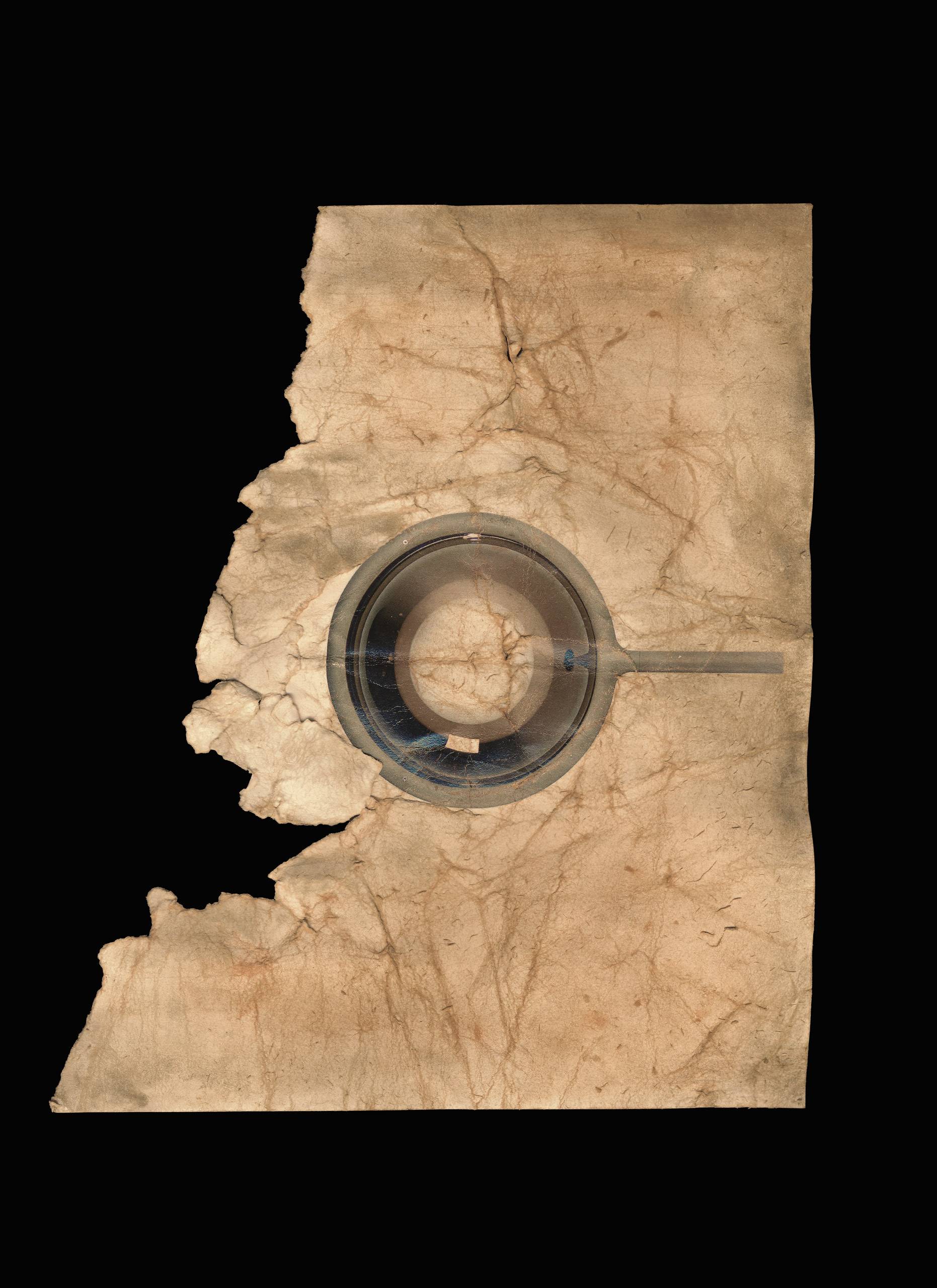
Franz Kafka – Children on a country road (1912)
I heard the wagons rumbling past the garden fence, sometimes I even saw them through gently swaying gaps in the foliage. How the wood of their spokes and shafts creaked in the summer heat! Laborers were coming from the fields and laughing so that it was a scandal.
I was sitting on our little swing, just resting among the trees in my parents’ garden. On the other side of the fence the traffic never stopped. Children’s running feet were past in a moment; harvest wagons with men and women perched on and around the sheaves darkened the flower beds; toward evening I saw a gentleman slowly promenading with a walking stick, and a couple of girls who met him arm in arm stepped aside into the grass as they greeted him.
Then birds flew up as if in showers, I followed them with my eyes and saw how high they soared in one breath, till I felt not that they were rising but that I was falling, and holding fast to the ropes began to swing a little out of sheer weakness. Soon I was swinging more strongly as the air blew colder and instead of soaring birds trembling stars appeared.
I was given my supper by candlelight. Often both my arms were on the wooden board and I was already weary as I bit into my bread and butter. The coarse-mesh window curtains bellied in the warm wind and many a time some passer-by outside would stay them with his hands as if he wanted to see me better and speak to me.

Usually the candle soon went out and in the sooty candle smoke the assembled midges went on circling for a while. If anyone asked me a question from the window I would gaze at him as if at a distant mountain or into vacancy, nor did he particularly care whether he got an answer or not. But if one jumped over the window sill and announced that the others were already waiting, then I did get to my feet with a sigh.
“What are you sighing for? What’s wrong? Has something dreadful happened that can never be made good? Shan’t we ever recover from it? Is everything lost?” Nothing was lost. We ran to the front of the house. “Thank God, here you are at last!” – “You’re always late!” – “Why just me?” – “Especially you, why don’t you stay at home if you don’t want to come?” – “No quarter!” – “No quarter? What kind of way is that to talk?”
We ran our heads full tilt into the evening. There was no daytime and no nighttime. Now our waistcoat buttons would be clacking together like teeth, again we would be keeping a steady distance from each other as we ran, breathing fire like wild beasts in the tropics. Like cuirassiers in old wars, stamping and springing high, we drove each other down the short alley and with this impetus in our legs a farther stretch along the main road. Stray figures went into the ditch, hardly had they vanished down the dusky escarpment when they were standing like newcomers on the field path above and looking down.
“Come on down!” – “Come on up first!” – “So’s you can push us down, no thanks, we’re not such fools.” – “You’re afraid, you mean. Come on up, you cowards!” – “Afraid? Of the likes of you? You’re going to push us down, are you? That’s a good one.” We made the attempt and were pushed head over heels into the grass of the roadside ditch, tumbling of our own free will. Everything was equally warm to us, we felt neither warmth nor chill in the grass, only one got tired.
Turning on one’s right side, with a hand under the ear, one could easily have fallen asleep there. But one wanted to get up again with chin uplifted, only to roll into a deeper ditch. Then with an arm thrust out crosswise and legs threshing to the side one thought to launch into the air again only to fall for certain into a still deeper ditch. And of this one never wanted to make an end.
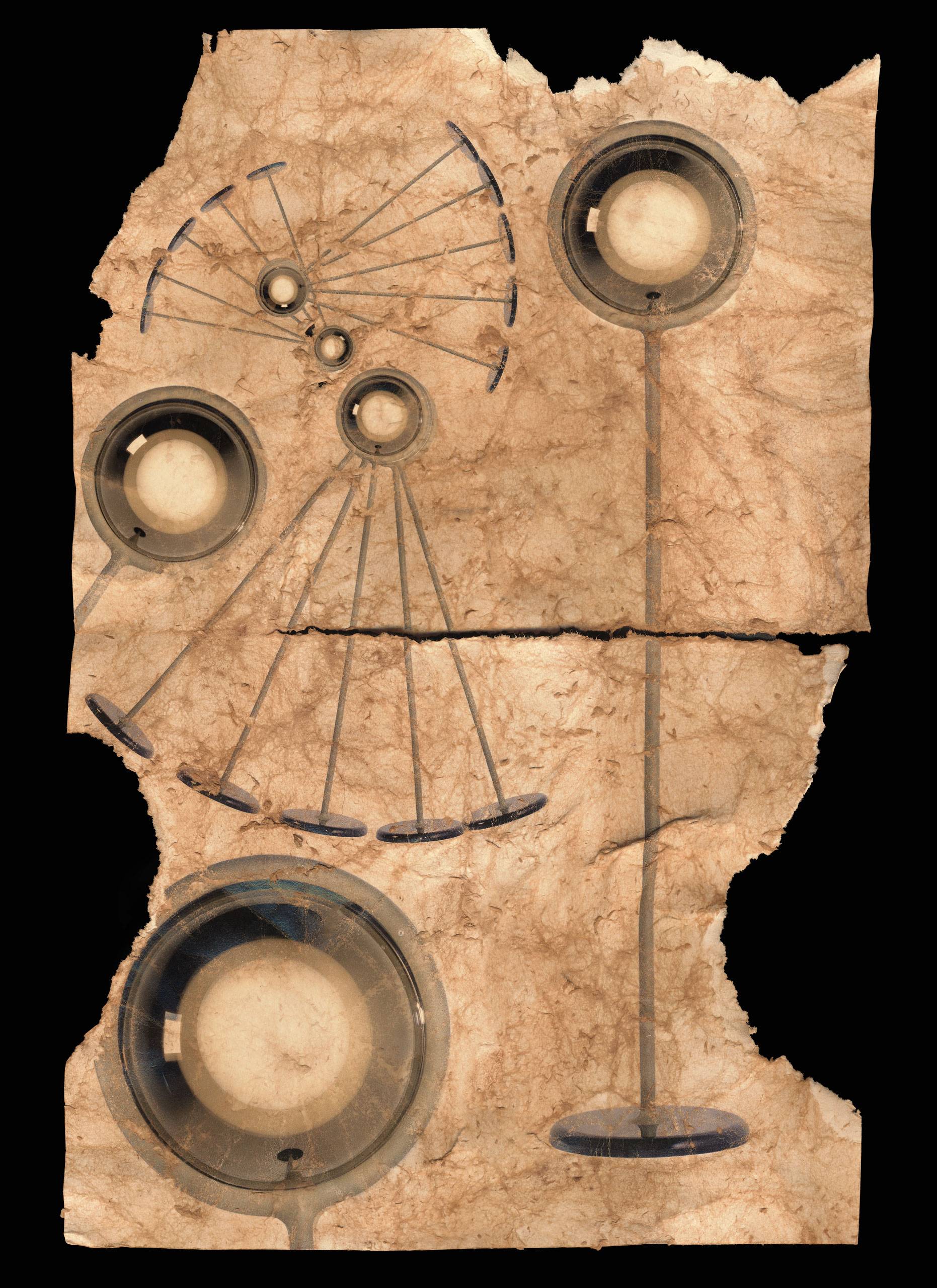
How one might stretch oneself out, especially in the knees, properly to sleep in the last ditch, was something scarcely thought of, and one simply lay on one’s back, like an invalid, inclined to weep a little. One blinked as now and then a youngster with elbows pressed to his sides sprang over one’s head with dark-looming soles, in a leap from the escarpment to the roadway.
The moon was already some way up in the sky, in its light a mail coach drove past. A small wind began to blow everywhere, even in the ditch one could feel it, and nearby the forest began to rustle. Then one was no longer so anxious to be alone.
“Where are you?” – “Come here!” – “All together!” – “What are you hiding for, drop your nonsense!” – “Don’t you know the mail’s gone past already?” – “Not already?” – “Of course; it went past while you were sleeping.” – “I wasn’t sleeping. What an idea!” – “Oh shut up, you’re still half asleep.” – “But I wasn’t.” – “Come on!”
We ran bunched more closely together, many of us linked hands, one’s head could not be held high enough, for now the way was downhill. Someone whooped an Indian war cry, our legs galloped us as never before, the wind lifted our hips as we sprang. Nothing could have checked us; we were in such full stride that even in overtaking others we could fold our arms and look quietly around us.
At the bridge over the brook we came to a stop; those who had overrun it came back. The water below lapped against stones and roots as if it were not already late evening. There was no reason why one of us should not jump onto the parapet of the bridge.
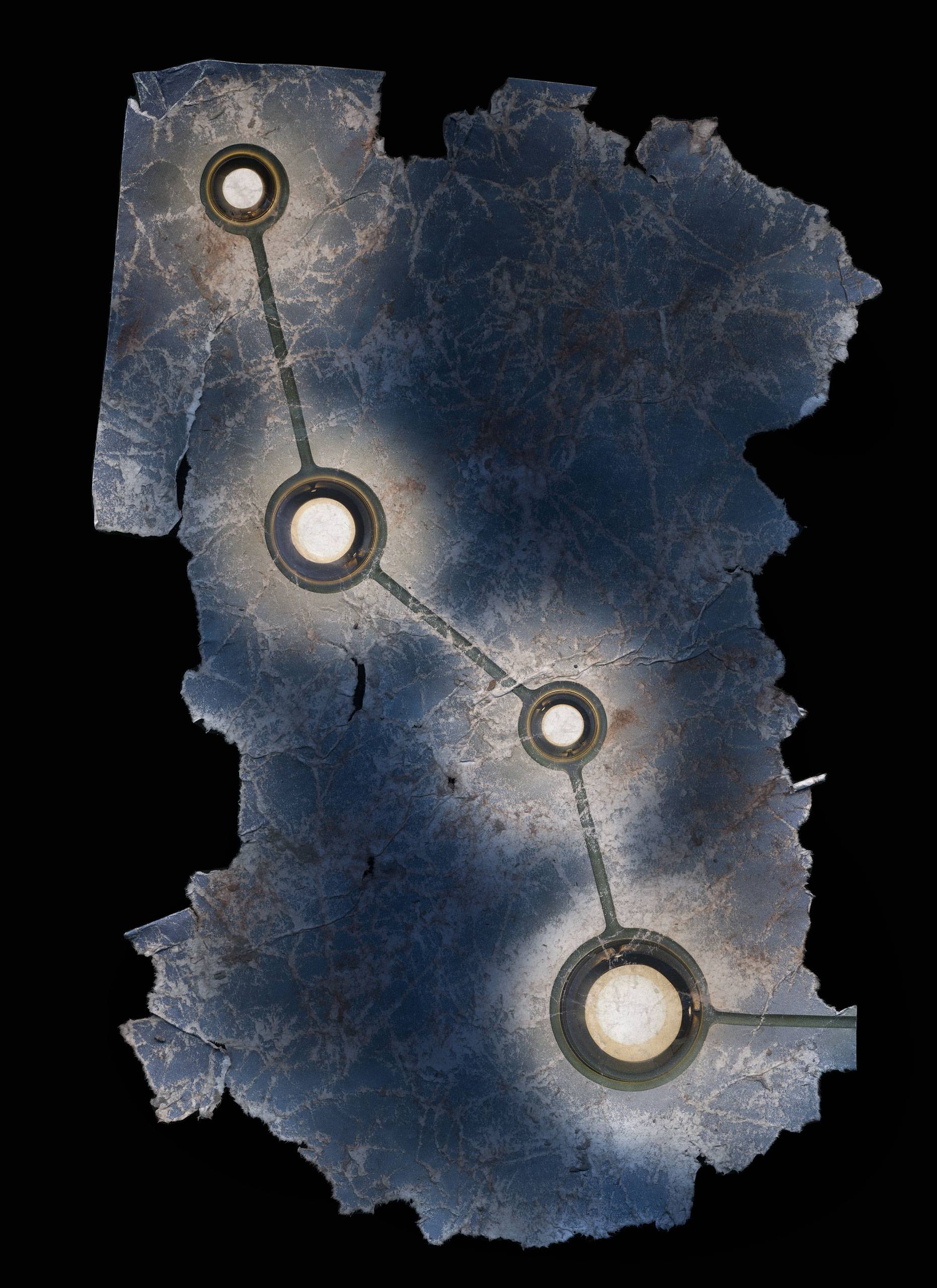
From behind clumps of trees in the distance a railway train came past, all the carriages were lit up, the window panes were certainly let down. One of us began to sing a popular catch, but we all felt like singing. We sang much faster than the train was going, we waved our arms because our voices were not enough, our voices rushed together in an avalanche of sound that did us good. When one joins in song with others it is like being drawn on by a fish hook.
So we sang, the forest behind us, for the ears of the distant travelers. The grownups were still awake in the village, the mothers were making down the beds for the night.
Our time was up. I kissed the one next to me, reached hands to the three nearest, and began to run home, none called me back. At the first crossroads where they could no longer see me I turned off and ran by the field paths into the forest again. I was making for that city in the south of which it was said in our village: “There you’ll find queer folk! Just think, they never sleep!”
“And why not?” “Because they never get tired.” “And why not?” “Because they’re fools.” “Don’t fools get tired?” “How could fools get tired!”
Franz Kafka (1883–1924) was a German-speaking novelist from Prague. During his lifetime, only a small number of his works, many of which remained unfinished, were published; his best-known stories include The Judgment, The Metamorphosis, Before the Law, In the Disciplinary Camp and A Hunger Artist. After Kafka’s untimely death, his friend Max Brod, as an executor of the writer’s will, prepared the rest of his works for publication (especially the novels The Trial and The Castle), but also his diaries and letters. Kafka is considered a modernist writer but the poetic qualities of his writing are timeless and transcend all boundaries, even geographical ones. That is the reason why, as long as a hundred years after his death, he is still read and very much loved all over the world.
Magdaléna Platzová (1972) is a Czech writer who has been living in France for a number of years. Growing up in Prague, she studied in the United States and in England, receiving a Master’s degree in philosophy from Charles University in Prague. She worked as an editor and journalist at Literární noviny and Respekt, and continues to contribute to Czech periodicals and other Czech media to this day. In 2009–2012 she lived in New York where she taught a course on Franz Kafka at New York University. Her most recent book, the novel Život po Kafkovi (Life after Kafka), focuses on the life of Kafka’s fiancée, Felice Bauer, and the world after the Second World War.
